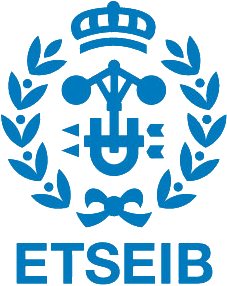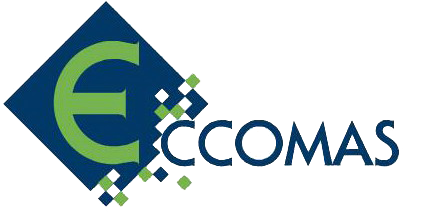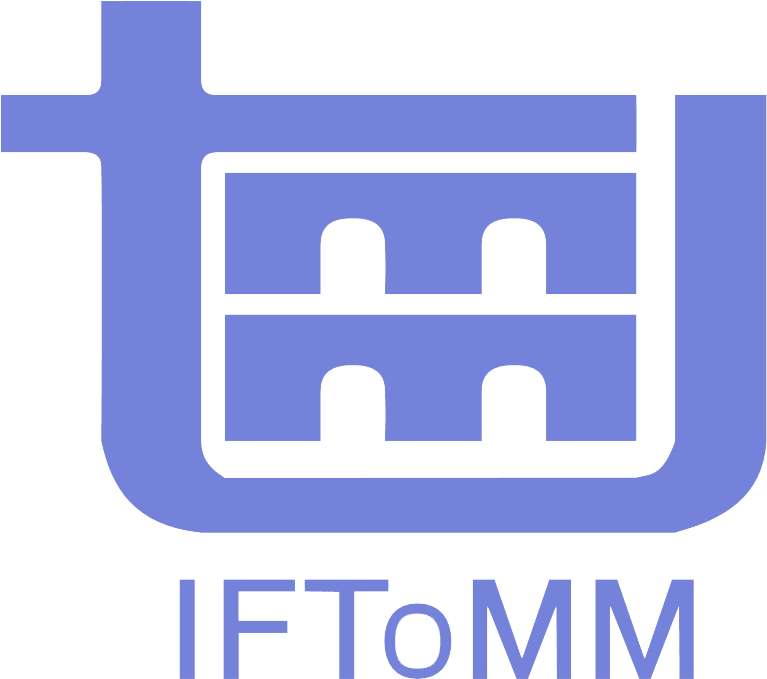Barcelona
The City
The conference will take place in Barcelona, the capital of Catalonia. Barcelona is a Mediterranean and cosmopolitan city with Roman remains, medieval quarters and the most beautiful examples of 20th century Modernism. Plan to join the conference and experience this unique city for yourself.
Websites of interest
Travel & transport
Getting to Barcelona
Barcelona-El Prat international airport (BCN) is only 12 km from the city and receives direct flights from the main European cities, as well as others around the world. Barcelona also has a high-speed train link with Madrid (AVE) and is linked to other major cities in Spain by inter-city trains.
From the airport to the city
Barcelona airport has two terminals T1 (new terminal) and T2. There are free shuttle buses connecting T1 and T2 with frequencies of 4-7 minutes (5am to 12pm) or 20 minutes (12pm to 5am).
Aerobús
It is a direct bus from Barcelona airport (T1 and T2) to Barcelona city centre (Pl. Catalunya), via Pl. Espanya, Gran Via-Urgell and Pl. Universitat. The service operates 365 days a year every 5 minutes (7am to 22pm) or 10 minutes (5am to 7am / 22pm to 1am). Tickets and information available here.
Train
A train leaves terminal T2 for Barcelona every 20 minutes and takes about 30 minutes to reach the city centre (Passeig de Gràcia). The train stops also at Barcelona-Sants train station. More information available here.
Taxi
Another option is to take one of the official city taxis. These are yellow and black in Barcelona and a green light on the roof indicates they are available. The minimum fare from the airport including departure supplement is 15 €, the regular price to city centre can oscillate between 25 and 30 €. More information available here.
Public transport
Barcelona has an extensive network of transport, including metro, buses, tramway and local trains. Plan your routes in the city through the city hall website or directly in Google Maps.
Venue
Barcelona School of Industrial Engineering (ETSEIB)
This School of Engineering was created in 1851 and has been operating without interruption until today. The School settled at the current building in 1964, so we are celebrating the 50th anniversary during the current academic year. It has more than 3000 students, 410 professors in 17 departments, and 240 professionals in administration and service task. The ETSEIB offers 3 bachelor degrees, 12 master degrees and participates in several doctoral programs.
Universitat Politècnica de Catalunya (UPC)
The UPC is a public institution dedicated to higher education and research, specialised in the fields of engineering, architecture and science. With 22 schools and faculties in 7 cities in Catalonia, the University harnesses the potential of basic and applied research, and transfers technology and knowledge to society. It has more than 35000 students, about 2500 teaching and research staff members, and 200 research groups with a 49 M€ turnover for R&D projects.
Location in Google Maps












